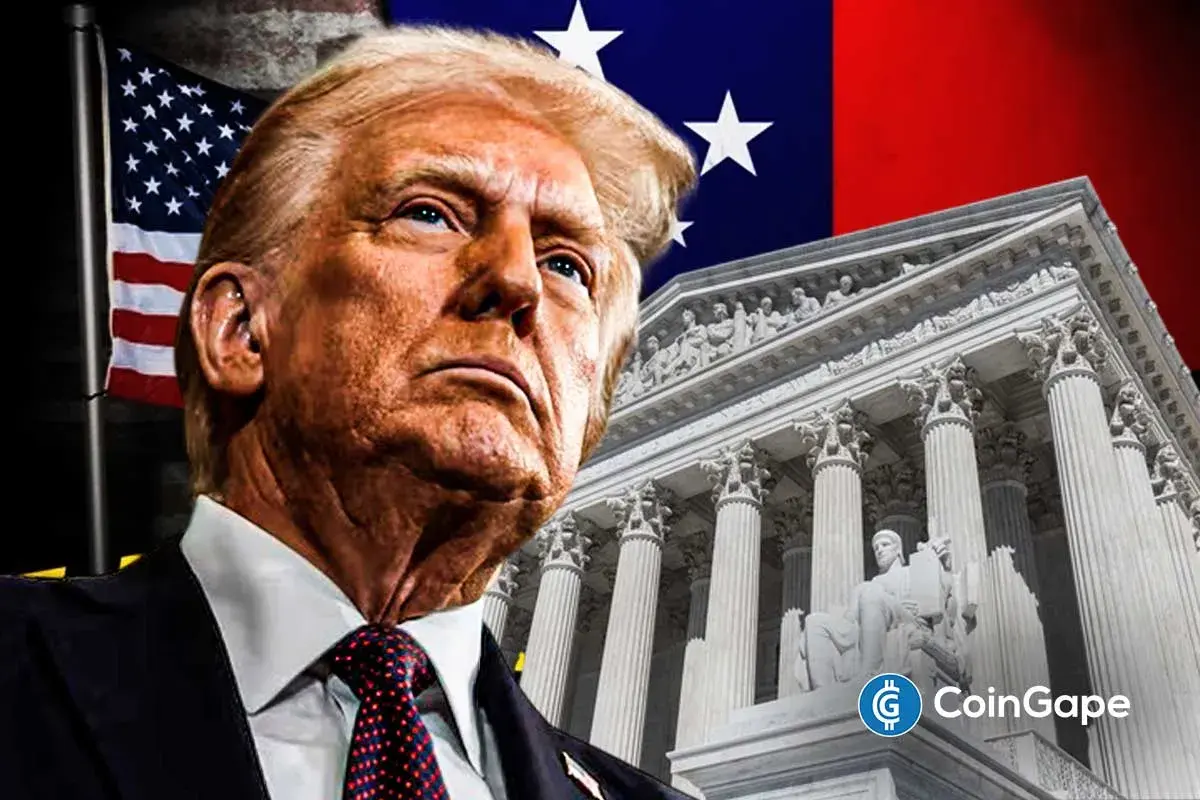Crypto Ban: China to Investigate Government Executive’s Illegitimate Crypto Mining

The Central Bank of China earlier this month issued a new set of crypto crackdown guidelines which is being seen as the most comprehensive one to date. The draft law deemed all crypto-related transactions illegal, ordered authorities to crackdown and remove small and medium mining operations being carried on in homes and rural provinces, and even banned any foreign crypto platform from offering their services in mainland China. Now, the authorities have turned to track IP addresses to catch illegal mining operations.
Chinese authorities in Zhejiang province are now reportedly investigating the government employees and their illegitimate use of public places to mine cryptocurrencies. Chinese journalist Colin Wu tweeted a report that found nearly 184 IP addresses linked to government employees that were used to mine cryptocurrencies illegally. The official warning said that virtual currency consumes a lot of energy and thus a joint rectification program has been launched. The official order read,
“In order to thoroughly implement the national work deployment on rectification of virtual currency mining and trading hype issues, orderly promote carbon peaking and carbon neutralization, and prevent and resolve risks in key areas, our province has recently launched a joint special rectification action to comprehensively combat the use of public Resources participate in virtual currency mining and trading activities.”
Zhejiang, China, is inspecting government personnel using public facilities for cryptocurrency mining, and 184 IPs have been found. https://t.co/4TIMcW0svx
— Wu Blockchain (@WuBlockchain) October 14, 2021
China Crypto Crackdown At its Peak
The current crackdown orders come on the heel of the Bitcoin mining ban in the country that was imposed in May. As a result, China that used to lead the Bitcoin mining share has dropped out of top-5 and now the US leads the chart with the highest percentage of 35.8, followed by Kazakhstan and Russia.
Earlier, the Chinese crackdown and ban used to leave some form of the loophole that used to be exploited by Chinese crypto traders to use virtual currency. However, the latest orders leave no room for any such loopholes.
- Trump Tariffs: U.S. Supreme Court Sets February 20 for Potential Tariff Ruling
- Brazil Targets 1M BTC Strategic Reserve to Rival U.S. Bitcoin Stockpile
- Breaking: U.S. CPI Inflation Falls To 4-Year Low Of 2.4%, Bitcoin Rises
- Bitget Launches Gracy AI For Market Insights Amid Crypto Platforms Push For AI Integration
- BlackRock Signals $257M Bitcoin and Ethereum Sell-Off Ahead of Partial U.S. Government Shutdown
- Bitcoin Price Outlook As Gold And Silver Lose $3.6 Trillion in Market Value
- XRP and Ethereum Price Prediction as Trump Seeks to Lower Key Tariffs
- Solana Price Prediction as $2.6 Trillion Citi Expands Tokenized Products to SOL
- Bitcoin Price Could Fall to $50,000, Standard Chartered Says — Is a Crash Coming?
- Cardano Price Prediction Ahead of Midnight Mainnet Launch
- Pi Network Price Prediction as Mainnet Upgrade Deadline Nears on Feb 15


















